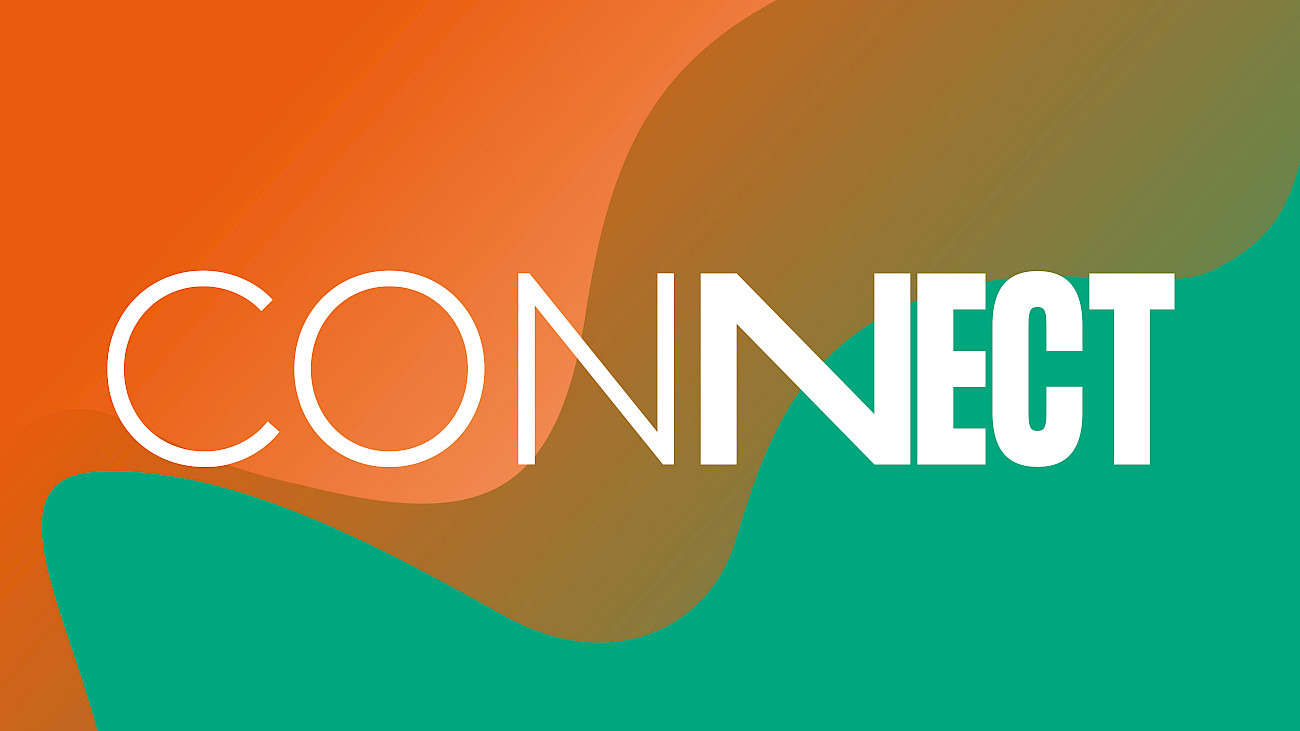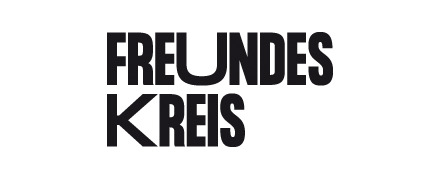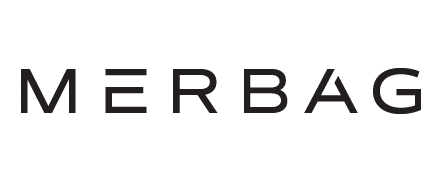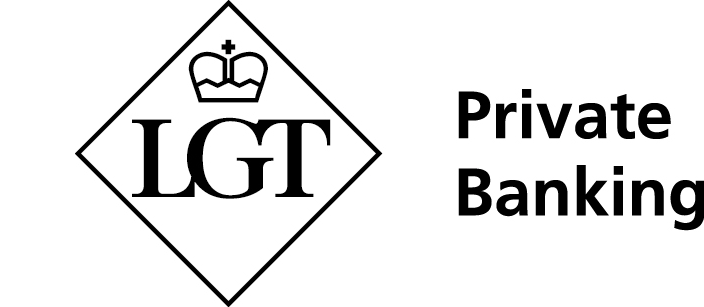
Dancing with neurological challenges
The successful Connect project, jointly organised by the Tonhalle-Gesellschaft Zurich, Zurich Opera House and the Kunsthaus, is entering its third season.
Connect is a dance project for people living with neurological challenges such as multiple sclerosis (MS) or Parkinson's disease. The impetus for this came from the ballet director of Ballett Zürich, Cathy Marston, whose ballet "The Cellist" tells the life story of Jacqueline du Pré, who suffered from MS and died at an early age. A dance training programme for people with neurological challenges was developed in collaboration with several partners. Musicians from the Tonhalle Orchestra Zurich will accompany individual sessions. Some of them take place in the Kunsthaus, where paintings or sculptures inspire the movements. The training sessions are based on the many years of expertise of the Dance & Creative Wellness Foundation and are co-designed by members of the independent dance group The Field.
SRF Kulturplatz: Watch the programme about Connect
SRF Regionaljournal: Listen to the report about Connect
Why dance and music?
Recent neurological research sees dance as an ideal intervention for neurological diseases and disorders such as MS or Parkinson's disease. They emphasise the role of dance and music in overcoming motor barriers and improving psychosocial wellbeing and quality of life. The creative practice and approach of the Connect project is based on evidence-based research at the intersection of dance and neurology. Movement offers participants the opportunity to connect with themselves and their environment. Dancing shapes and encourages expression, posture and creativity.
Connect in the 2025/26 season
After a summer break, weekly training sessions in three groups will take place again from autumn 2025. These will be led by professional dancers with the relevant expertise. Musicians from the Tonhalle-Orchester Zürich will provide live music in selected sessions. In terms of content, the Connect training sessions will focus over several weeks on a choreography by Ballett Zürich, a musical programme by the Tonhalle-Orchester Zürich or an exhibition at the Kunsthaus. In the sessions, participants examine these works from different perspectives under the guidance of the leading artists. This allows participants to immerse themselves in an inspiring musical, artistic and dance environment.
The experience is enriched by joint visits to the three institutions. At the Opera House, participants will attend an orchestral rehearsal of Cathy Marston's ballet "Romeo and Juliet", while at the Tonhalle they will attend a dress rehearsal of the Tonhalle-Orchester Zürich conducted by Paavo Järvi with works by Lalo and Bruckner. At the Kunsthaus Zürich, there will be a dialogue-based guided tour of the exhibition on the Brazilian artist Lygia Clark.
The weekly dance lessons are offered on Friday afternoons in the Vereinssaal of the Tonhalle Zürich or in the collection rooms in the Moser Building of the Kunsthaus Zürich.
Interested in Connect?
Connect takes place on Friday afternoons from October to July. The season is divided into three blocks. When a new course block starts, free places are allocated in the order of registration.
There are still very few dance programmes for people living with Parkinson's or MS in Switzerland. We see the great interest in Connect from those affected as a mandate to motivate other institutions and dance professionals to offer dance programmes for people with MS, Parkinson's and other neurological challenges in Zurich and other regions of Switzerland. From autumn 2025, there will be new offers in Basel and Lucerne, and existing offers in Zurich, Bern and Valais will be expanded.
In the coming months, we will publish a link here to other dance programmes for people with neurological challenges in Switzerland.
If you are interested in Connect and dance programmes in Switzerland, you can register here.
Patronage
Cathy Marston, Ballet Director and Chief Choreographer Ballett Zürich
Ilona Schmiel, Director Tonhalle-Gesellschaft Zürich
Ann Demeester, Director Kunsthaus Zürich
Co-operation
- Tonhalle Society Zurich
- Zurich Opera House / Zurich Ballet
- Kunsthaus Zürich
- The Field
- Dance & Creative Wellness Foundation
- Neurological Clinic University Hospital Zurich: Parkinson's Team and MS Team
- Elevate ® Scottish Ballet: Specialists in the dance programme for people with MS
Supported by
- Otto Beisheim Foundation
- Friends of the Tonhalle-Orchester Zürich
- Bossi Stiftung
- Schweizerische Multiple Sklerose Gesellschaft
Questions and Answers
Why should people with neurological challenges dance?
Dancing is an extremely diverse activity. It combines physical, cognitive, creative and social aspects. Dance groups for Parkinson's patients have existed since 2001; starting with a group in New York, the idea has now spread to all continents. Since 2019, dance groups for people with multiple sclerosis have been added based on a Scottish programme. Connect is the first such project in Switzerland.
Is Connect a dance therapy programme?
No. The participants are addressed as dancers, not as patients. However, all the people who lead the training sessions have expertise in the particular challenges of these sessions.
What effect does dancing have on Parkinson's patients?
A dopamine deficit causes various symptoms in Parkinson's: for example, difficulty initiating movements on purpose and continuing them fluidly, or balance problems. Other keywords are slowing down, trembling, freezing (when you want to move but can't). Over 2000 studies have now shown that physical activity can slow down the progression of the disease. This is also important because there are still no drugs or surgical measures that can do this. Dancing is considered to be particularly effective – because it combines various aspects (including balance, coordination, fluid movement sequences, social interaction); in addition, the music acts as an external clock and replaces the loss of an internal clock, which can help with freezing problems in particular.
What effect does dancing have on MS patients?
Multiple sclerosis is a disease with very different symptoms and progressions. It causes balance disorders, paralysis and sensory disturbances. The disease usually progresses in phases; symptoms can disappear again, but the health condition can also deteriorate continuously. There are now medications and therapies that can effectively prevent relapses. However, there are smouldering inflammations that can cause progressive disability. Dancing is also considered a helpful activity for this disease, which can have a neuroprotective or even neuroregenerative effect. Dancing can also lead to improvements in the symptoms of fatigue or concentration difficulties that MS patients sometimes suffer from.
Can such results be proven?
Yes, studies have shown that dancing appears to be better for the brain than normal exercise. Imaging techniques have shown changes in the cortical structure, and blood markers have also shown that such changes occur.
What effects does dancing have apart from the physical results?
Dancing is fun – even small children turn every rhythm into movement. Dancing can also improve the mood of people with neurological challenges, boost their self-esteem and improve their general quality of life. In addition to the dancing itself, the social contacts in the dance training sessions also help. And: unlike pharmacological measures, dancing has no side effects.
What is special about Connect?
There are three aspects: Firstly, some dance training sessions are accompanied by musicians from the Tonhalle-Orchester Zürich. Secondly, in addition to the training sessions, participants are invited to attend rehearsals at Zurich Opera House and the Tonhalle Zürich, giving them an insight into these cultural organisations. And thirdly, the project is linked to further training for musicians and dancers - in the hope that there will be more such events in Switzerland in the future.
Are the training sessions exclusively for patients with Parkinson's and MS?
In principle, yes. However, there is also the option of noting other neurological diagnoses on the registration form. In these cases, we will check whether participation in this context makes sense.
How will the participants be selected?
On the one hand, the order of registration plays a role, on the other hand, it is also about a balanced composition of the group. Anyone who doesn't get a place is put on a waiting list.
What physical requirements must be met?
There are no physical requirements, you can also attend the dance training sessions in a wheelchair or with a walking frame, and you can dance both standing and sitting. It is important that participants are aware of their limitations (risk of falling) and can communicate their needs to the instructors and assistants.
What are the costs of the dance lessons?
The season (from October to mid-July) is divided into three blocks. The regular price per block is CHF 250 (for 11-14 dance lessons), there is a reduced price of CHF 180 for those on low incomes. For people who would like to support the project financially, there is also the option of making a donation. In addition to the weekly dance lessons, rehearsal visits to the Zurich Ballet and the Tonhalle-Orchester Zürich are also included, as well as a visit to an art workshop at the Kunsthaus Zurich.
Are there disabled parking spaces at the Tonhalle?
Yes.
How should I dress for the training sessions?
As comfortable as possible.
What exactly does a Connect training session involve?
The club hall is open half an hour before the start and there is coffee and cookies for those who arrive by then. The actual training session lasts one hour. Afterwards, you can round off the event with a coffee.
How often do you have to train for it to be useful?
Studies have shown that two one-hour training sessions per week would be ideal. For organisational reasons, Connect can only take place once a week.
Can accompanying persons attend the training sessions?
In order to provide a safe environment for the participants, accompanying persons are generally not allowed to watch the training sessions.
Will the results of Connect be evaluated?
No scientific evaluation is planned; however, the project will be supported by doctors from the University Hospital Zurich in an advisory capacity. And in any case, there will be a survey at the end of each season where participants can give their feedback.
How is Connect organised in terms of insurance?
Insurance is the responsibility of the participants.








